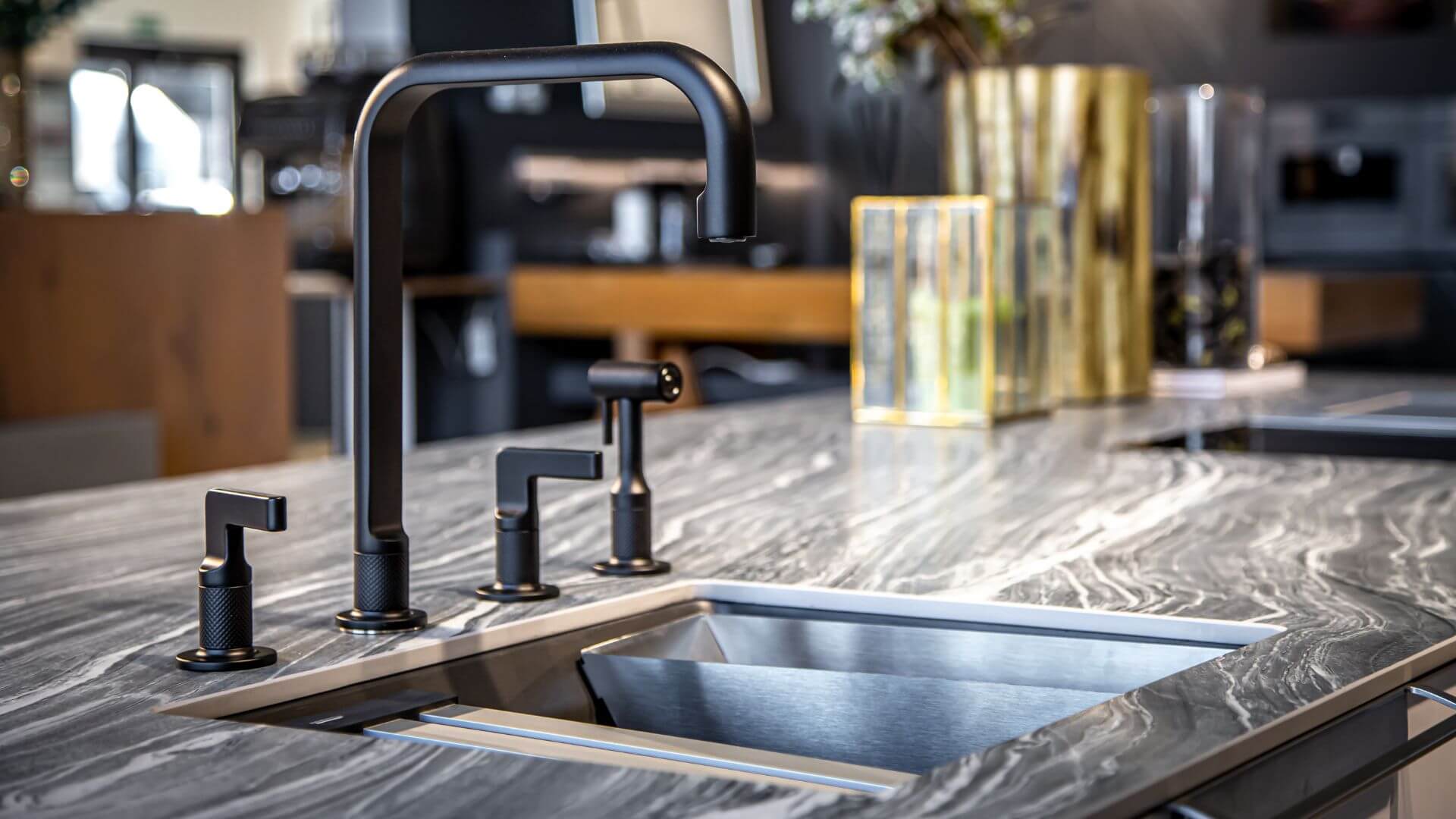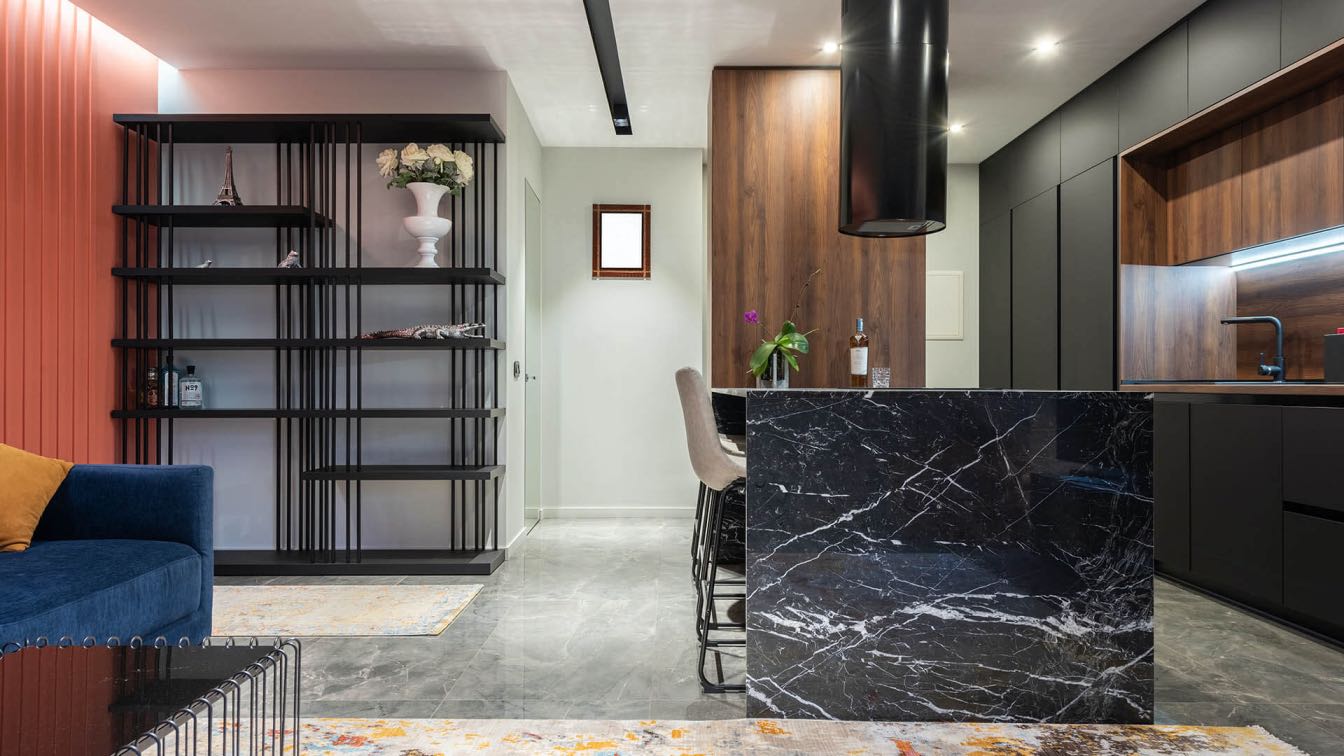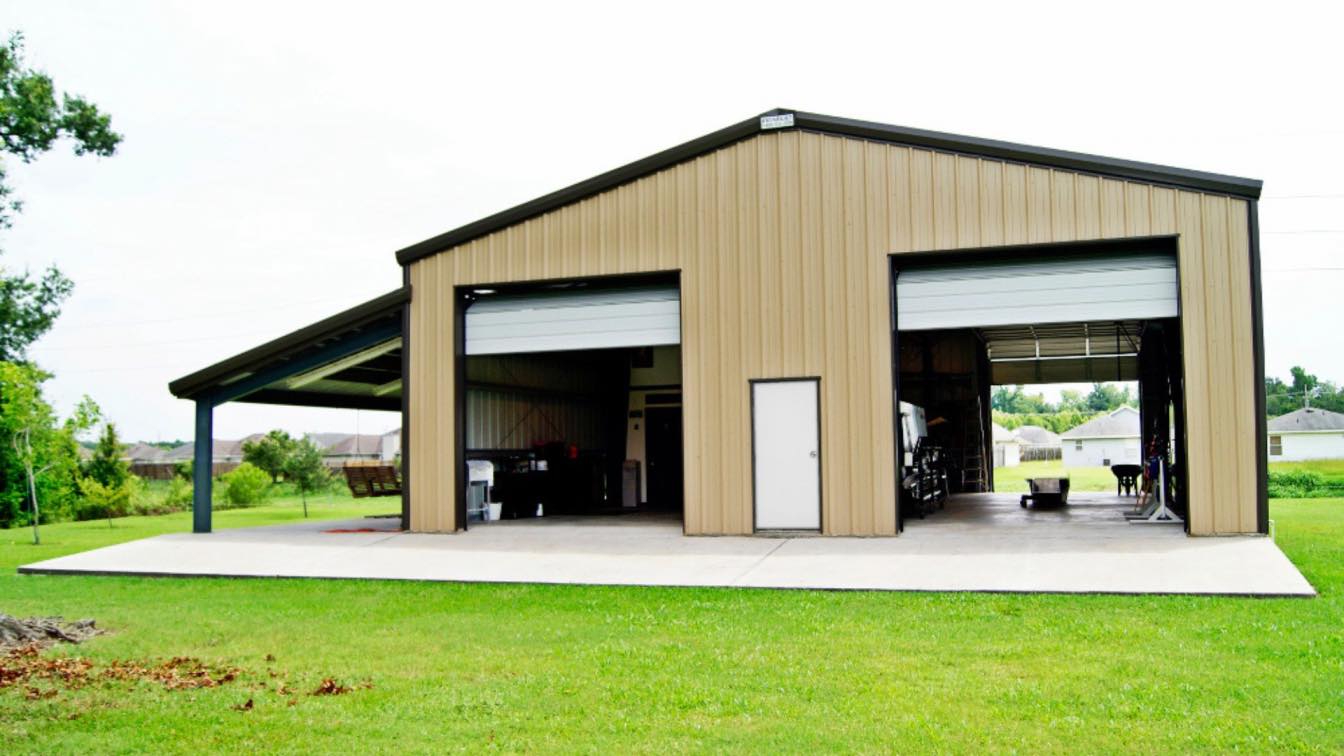Florida's real estate market has been fueled by sun, beach, and lifestyle appeal—though not every house on the market makes that tropical first impression. Many Florida houses, particularly those from the 60s, 70s, or 80s, still have their original floor plans, fixtures, and decorative choices. While some of these homes have "good bones," they often reveal their age in all kinds of ways that current buyers absorb in one glance.
If you have one of these older homes, you're probably asking yourself: Do I renovate first and list, or sell it as-is and let the next person do the updates? It's not a one-size-fits-all answer. It depends on your goals, your timeline, your budget, and the condition of the house itself.
In Florida's hectic, competitive real estate market, being able to recognize when to invest in rehabbing—and when to simply walk away—can make you more money and ease the stress of selling.
Understanding the Florida Buyer Mindset
Consumers are sophisticated today. Whether relocating from out of state, retiring to a warm state, or purchasing vacation property, they typically come with high expectations. Open floor plans, contemporary kitchens, energy-efficient appliances, and modern finishes typically top their lists.
But all purchasers do not want a turnkey home. Some are actually searching specifically for homes they can customize to their specifications themselves. To these consumers, the charm of an older home with personality is a plus—if the cost is commensurate with the labor it will need.
That’s where your decision begins: determining who your ideal buyer is and how much work you’re willing to do to appeal to them.
Renovation: When It Makes Sense
If your house has a solid foundation, no major structural defects, and you're working on a reasonable time schedule, savvy renovations can boost your property's worth on the market and cut its duration on the market. But savvy is the operative word.
Instead of going all out on a full-scale renovation, focus on high-ROI spaces like the kitchen and bathrooms. New countertops, updated fixtures, new neutral-colored paint, or new flooring can make an enormous difference without costing an arm and a leg. Even minor updates like exchanging brass doorknobs or outdated ceiling fans can make a home feel more modern.
Renovation also seems like a good idea if your area is going up. Wherever your neighborhood is selling constantly at top prices, renovated houses fetch much more. Investing in renovation here can assist you in competing with other houses that already show modern designs.
That being said, it takes time to renovate. From finding materials, contracting work, and waiting for permits or inspections, you could be talking several months before your house is ready to hit the market. If you don't have to sell quickly and you want to get the most out of your property, this path may be worth it.
When Selling As-Is Is the Smarter Move
For most Florida homeowners—particularly those dealing with inherited homes, downsizing, or moving hastily—remodeling just isn't feasible. It can cost a lot of money, be unpredictable, and be stressful. And depending on your circumstances, the payoff may not be worth the hassle.
Selling a home as-is will eliminate the project management hassle, skip up-front expenses, and speed and simplify the sale. This route is especially appealing if the home requires extensive repairs—i.e., roof issues, outdated electrical or plumbing, decades of cosmetic neglect. Rather than investing tens of thousands of dollars and months of time, you can pass the burden (and potential) to the buyer.
If you do sell as-is, it's all about pricing. Price the house in a way that it shows its condition but still attracts investors, flippers, or project buyers. And you'll want to disclose the condition so there are no surprises when they go to inspect it.
There’s also a growing number of local real estate professionals who specialize in helping homeowners skip the traditional sales process altogether. If you’re interested in selling home fast without dealing with renovations, showings, or open houses, working with a cash buyer might be your best option. These buyers purchase homes in any condition, often closing in a matter of days rather than weeks or months.
The Hidden Costs of Renovation to Consider
It's easy to see renovation as a way to take the shortcut to a bigger price at sale time—but not many homeowners consider the hidden expenses. Construction timing, permit delays, increasing costs on materials, and having to compensate for temporary housing while performing major repairs can all snowball very fast.
And then there's the emotional toll. Living through a renovation, managing contractors, and navigating unexpected issues (like water damage or foundation problems) is a full-time job in itself. If you’re already balancing a move, work, or other responsibilities, taking on a renovation might stretch your time and energy too thin.
Even minor projects can get out of hand unless they are closely monitored. That's why multiple quotes are important, a realistic budget needs to be drawn up, and some slack time for the unexpected—because it will occur—should be included.
Matching Your Exit Strategy to Your Goals
In the end, renovate or sell as-is depends on your personal goals. If you have time, cash, and a favorable hot housing market, renovation could bring the greater payoff. However, if speed, simplicity, and dependability are more valued, selling in original condition will get you to the finish line faster—and with less stress.
Even some sellers follow hybrid approaches. For example, you can perform small cosmetic overhauls (like painting and lighting) to improve first impressions without leaving out more extreme makeovers. This gets the house to look newer without giving up flexibility to the buyer for additional changes.
Both are possible in today's Florida marketplace—it's a question of bringing your strategy into alignment with your reality.
Final Thoughts
Owning an older home in Florida doesn't have to be stressful. If you decide to invest in thoughtful upgrades or just sell as-is, there is someone looking for precisely what you have available.
The key is to match your time, money, and risk tolerance against what the market will accept. Renovation can yield higher offers if done well and in the correct location. But for some, the convenience and speed of selling as-is—especially to a local, reputable buyer—makes more sense financially and emotionally.
Your house is worth something as it is. The decision is how you wish to unlock it.





